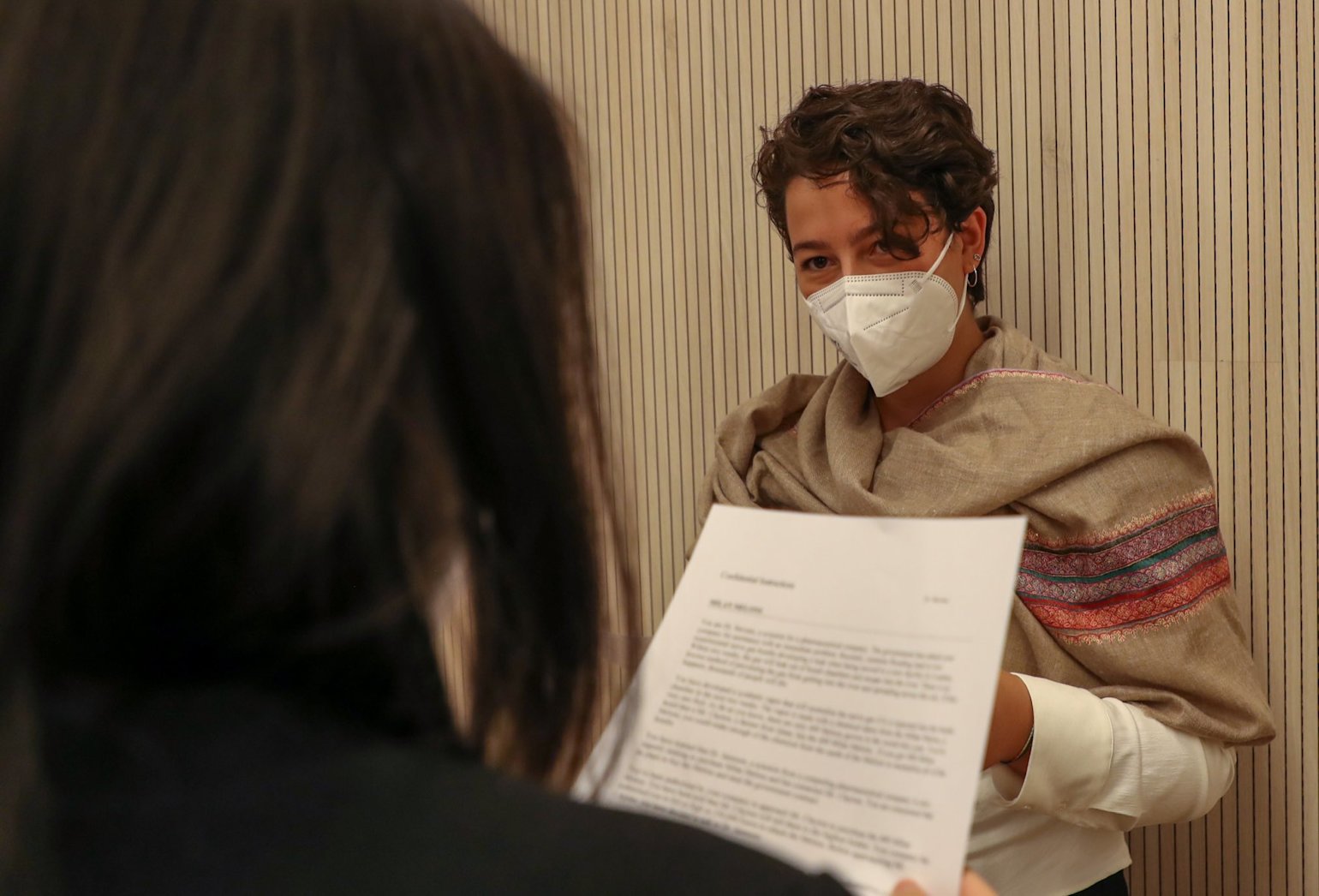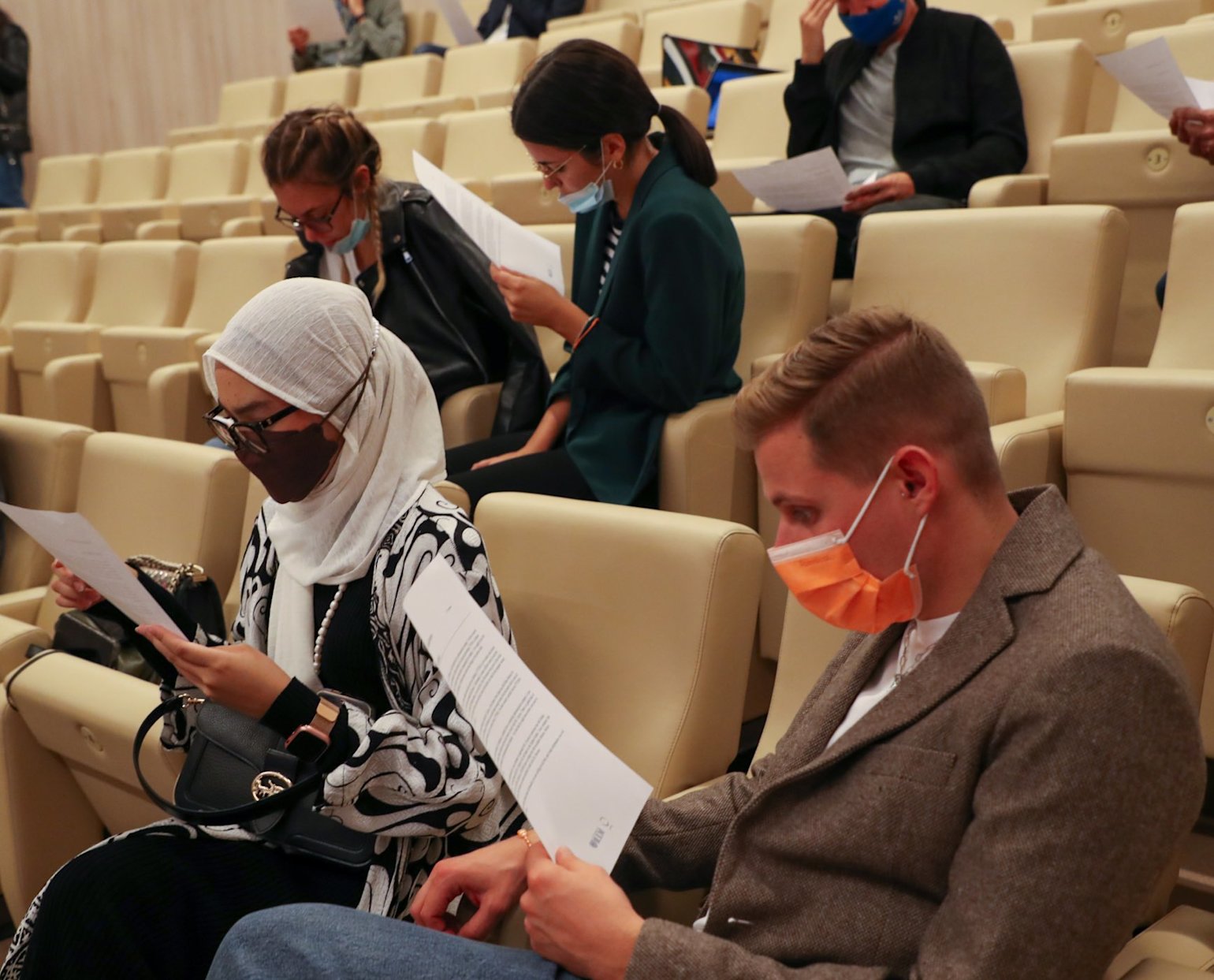Coronavirus (COVID-19) Updates
For the latest COVID-19 information and updates from Qatar Foundation, please visit our Statements page

Youth4Climate session highlights how effective communication is invaluable to solve even the most challenging issues – including climate change
What negotiation teaches is the ability to influence others – a crucial skill for anyone working in the area of activism. And in the context of climate change, activists learn and understand the complexity of multilateral negotiations, techniques to manage effective communication, and how to respond to conflicts that may arise.
The quality of your communication affects the quality of your life
With the aim of equipping young activists with these skills, Qatar Foundation’s (QF) Doha Debates held a Better Conversations Workshop on the topic of Finding Common Ground: Having Better (Difficult) Conversations – hosted by Govinda Clayton, a Doha Debates Connector, and a Senior Researcher in Peace Processes at ETH Zurich – as part of QF’s activities at the Youth4Climate conference in Milan.

The Doha Debates workshop formed part of QF’s array of sessions organized at the global Youth4Climate conference in Milan.
“A good reason why you look up to someone is often because they are a good communicator – whether it’s at work or in your personal life,” Clayton told the workshop participants. “The quality of your communication affects the quality of your life.”
Clayton explained that promoting sustainability requires solving some of the most complex challenges that the world faces today, which can be achieved “only through good communication and effective negotiations.”
There is no right kind of negotiation. Sometimes forceful negotiation works, and sometimes a more empathetic approach works
The experiential workshop had several exercises where participants were paired to learn to negotiate one-on-one and then placed in larger groups to negotiate with more people.
“There is no right kind of negotiation. Sometimes forceful negotiation works, and sometimes a more empathetic approach works,” Clayton said.

Through the workshop, young climate activists were equipped with negotiation skills by Doha Debates.
The workshop was held at Milan’s IULM University and was attended by its students. One student who participated summed up the benefits of the process saying that attending such a workshop allowed him to think in a broader perspective and understand the negotiation process from a point of view that is beneficial to all parties, rather than just one.
“If you switch to an interest-based approach in your negotiation, it opens up a whole world of possibilities, rather than thinking ‘I want this from you’,” said Clayton. “What an interest-based mindset allows is for you to end up with a joint-problem approach where you go from ‘I’ to ‘we’.”

